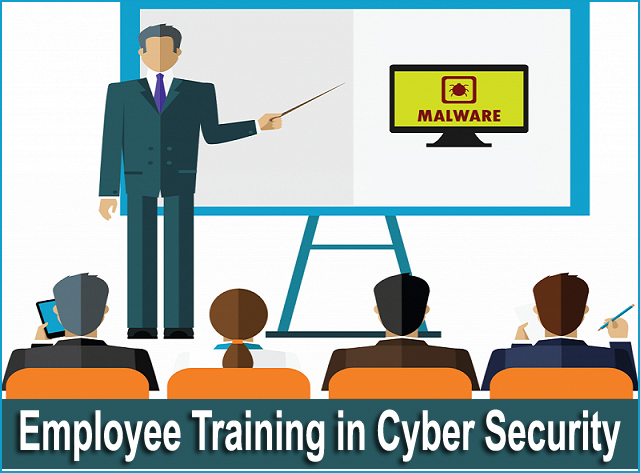Cybersecurity training is essential in a digital world because it educates employees on protecting technological systems and data from malicious online elements. The goal is to prevent data breaches, security incidents, and other cyberattacks that can cause financial loss, noncompliance fines, damaged reputations, and more.
A robust cybersecurity training program also helps to reduce employee errors that can lead to breaches and other risks. It’s a valuable investment that protects businesses from costly attacks.
Protecting Data and Information
Regarding protecting your business’s data, cybersecurity training is vital. It covers password security, avoiding social media scams, and recognizing phishing attacks to protect your company’s sensitive information.
Your employees are the last line of defense between your valuable data and cybercriminals, so that employee cybersecurity training can help in several ways. For example, training can teach employees to avoid downloading suspicious file types or using public Wi-Fi, which are common vulnerabilities that hackers take advantage of.
Furthermore, your cybersecurity program should include a policy about personal devices and company networks, so make sure your employees know these guidelines. Also, remember to publicly applaud any team members who report a security vulnerability and work to correct it.
Defending Against Cybercrime
Employees should understand their responsibilities in the company’s cyber security system. This includes how to respond to data breaches, what they need to do to protect mobile devices used for work, and how the company safeguards customer data.
Cyberattacks can cost businesses money, damage their reputation, and make it difficult to get back on track. Training can help employees avoid mistakes that lead to data breaches and bolster the company’s security systems.
Plus, training can give employees the knowledge they need to fight phishing scams and other hacking tactics. With new resources and platforms on the market, it’s easier than ever for small businesses to bolster their cyber security compliance and create engaging training programs relevant to their specific needs. This is crucial in a virtual world when people can become complacent about protecting their online information.
Avoiding Mistakes
The type of employee training an organization offers can vary. Still, some examples include diversity training that teaches staff to work with people of different genders, races, sexual orientations, and ages. Cybersecurity training is another essential type of employee training, as it teaches staff how to protect sensitive information and comply with data protection regulations.
Additionally, it’s also essential to provide employees with checklists and other resources that they can use to double-check that they are following proper workplace procedures. This can help minimize the mistakes made and improve overall employee performance. Additionally, creating spaces where employees feel safe to make mistakes without fear of repercussions can encourage creative problem-solving and collaboration. This can lead to a more robust company culture and higher productivity levels.
Staying Compliant
There are many different types of employee training, and the best type for your employees depends on your company’s goals and the learning styles of your team members. For example, some learners prefer a one-on-one mentoring experience or a lecture-style session. Others need a more self-paced and interactive approach.
Having multiple options for employee training ensures that all teams can find something that works for them. Additionally, offering various formats can help keep employee engagement high. For example, incorporating microlearning into your online compliance training will allow employees to learn in short bursts that work well with their busy schedules.
Ultimately, staying compliant with your company’s cybersecurity regulations minimizes the chance of data breaches and other violations. Data breaches can cost companies millions and have long-term consequences, including a tainted reputation and loss of trust from clients.
Increasing Productivity
Employees who are given a chance to participate in training feel they have a purpose and that their work matters. This can increase their job satisfaction and decrease absenteeism and turnover rates, boosting productivity.
Training helps employees understand that they have a role in protecting the company from cyberattacks. Educating them on the importance of vetting information before posting on social media, choosing strong passwords, and ensuring that personal devices used for business purposes are secure can help reduce data breaches.
Training on how to report cyber incidents can also be critical. This allows the team to take action quickly and may help to mitigate damage and limit the impact of a breach.






